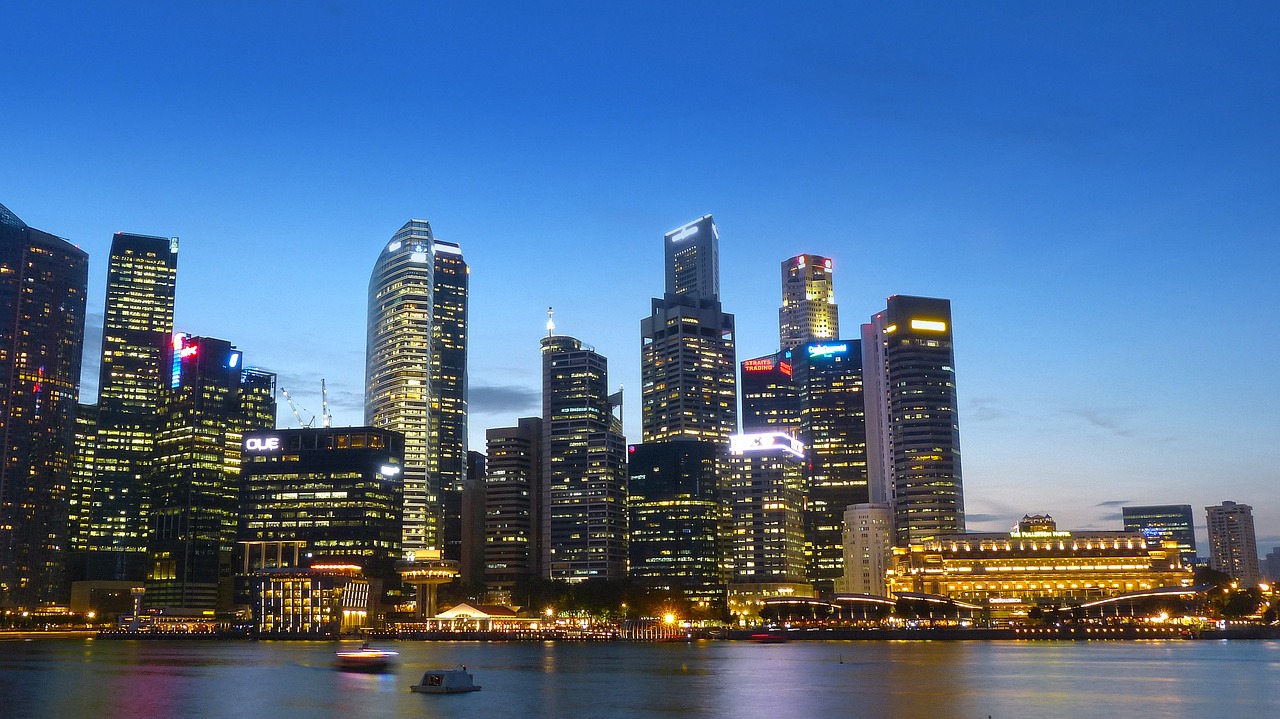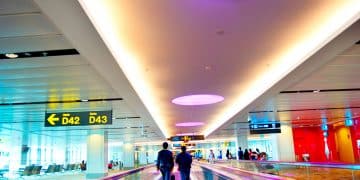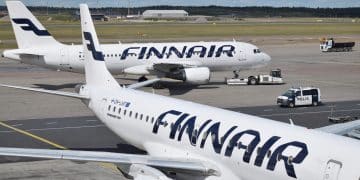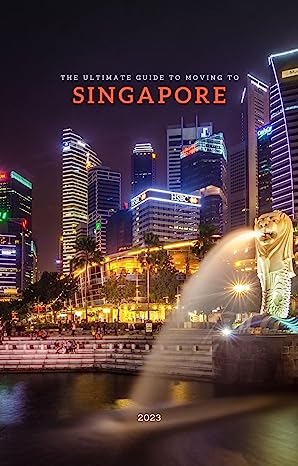Singapore has become one of Asia’s most influential cities, which is remarkable for such a small city-state. It has transformed into a global hotspot for business and tourism and offers a unique mix of modernism and tradition while offering a diverse cultural output reflected in its people and infrastructure.
These are just a few reasons it’s become such a popular destination. For those who often find themselves jetting off from one foreign location to another, it’s essential to understand the particular nuances of Singapore, which will help ensure that you have the most enjoyable time possible. In this article, we’ll look at five things you should consider if you visit Singapore, even if you’re a seasoned traveller who is no stranger to foreign cities.
Exchange Rates and Currency
We’re sure you understand that currency and exchange rates are essential, but you must take time to familiarise yourself with the value of the local money and what the going rate is. In case you’re unaware, the local currency is the Singapore Dollar (SGD), known for its relative stability and low volatility. Although rare, short-term fluctuations are possible, which impact your travel budget and purchasing power while in Singapore.
We’re pointing this out as a point of interest as it can be confusing to remember how the local currency is valued if you’re working as you travel. While you might be familiar with differing exchange rates because of the industry you work in, such as finance or CFD trading, it’s still worth familiarizing yourself with the local exchange rate before you travel, particularly regarding the purchasing power of a US dollar, or another currency that you’re more accustomed to using.
When you’re looking to exchange any of your money for local currency, using a reliable currency exchange platform or regional bank that offers more favourable rates may be wise. However, like many major cities, Singapore is becoming increasingly cashless, so taking a preloaded debit card or international credit card may also be a good idea, especially if you plan to stay longer than a few days.
Weather
Because of its geographic location, Singapore’s climate is highly humid, with relatively consistent temperatures throughout the year, often with a wet season from September to February. However, Singapore is not immune to sudden weather events due to its warm air and proximity to the much cooler sea. When planning your trip, you should pay close attention to local weather reports and what the weather has been like historically, as this should give you a better idea of what to expect.
This can make packing difficult as the humidity can make even the most breathable fabric feel too hot. It can turn sunny to rainy in minutes, so light fabrics and an umbrella are always good choices. You should also always take a water bottle with you — dehydration is a genuine concern because of the high temperatures, even though there’s a lot of moisture in the air.
Cultural Etiquette
Singapore is a melting pot of different cultures, containing various ethnic, religious, and social groups. Because of this, travellers should be aware of local customs and traditions and take time to navigate without appearing rude or ignorant. If you plan to visit religious sites, modest attire is often required, especially for women; removing your shoes before entering someone’s home is also customary.
You should also learn some local phrases before your trip, so here are some essential phrases in Malay:
- To-long: (I need) Help
- Apa kabar: Hello
- Se la mat jalan: Good bye
- Terima kasih: Thank you
- Ya: Yes
- Teedak: No
Transportation
Singapore boasts an impressive transportation system that can rival the best in the world and is celebrated for its connectivity and efficiency. This can be a lifesaver for tourists and travellers, making it simple to get from A to B without needing a vehicle. Before you arrive, try to familiarise yourself with the different public and private transport modes.
The city’s Mass Rapid Transit (MRT) system is the backbone of Singaporean public transport, connecting various parts of the island. While it is easy and reliable, you should still acquaint yourself with the routes, timings, and fare structures.
Similarly, taxis and on-demand lifts are also widely available and offer a comfortable alternative, especially when navigating less accessible areas, such as new areas of the city that are yet to be connected to the public transportation system. The city also has an extensive network of cycling paths and bike-sharing services, so you can stay active while getting to your destination quickly.
Travelling to Singapore
Travelling to Singapore can be a gratifying and immersive experience, even if you travel often. From taking time to understand the local exchange rates to adapting to the intense weather, understanding the points listed above will surely improve your time in this remarkable city.




